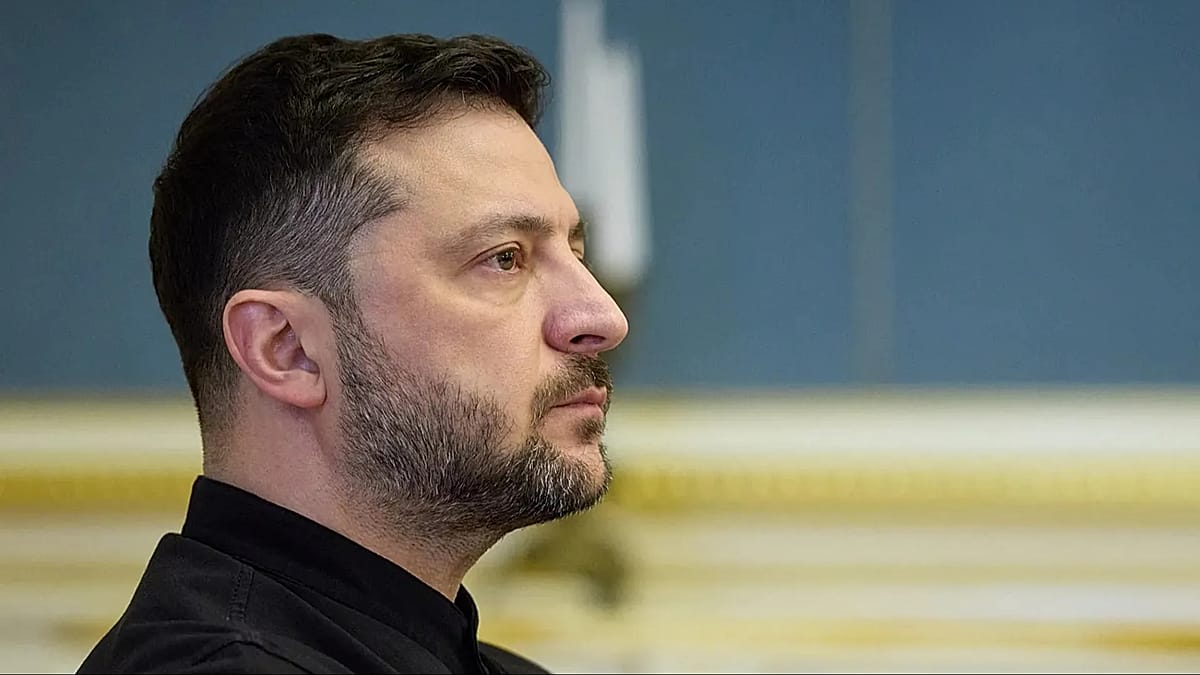EU lawyer, ‘Budapest’s LGBT law violates rights’

Brussels (ANSA) – The Hungarian law on the protection of minors, considered discriminatory against Lgbt people, violates EU law. This is stated by the Advocate General of the EU Court of Justice Tamara Ćapeta in a non-binding opinion in the case brought by the European Commission, which has been joined by 15 member states – in what is the largest procedure on human rights violations ever brought before the European Judge.
The subject of the opinion is a law approved by the Hungarian Parliament in 2021 that introduced various amendments to different national legislative acts which, in order to protect minors, effectively prohibits or limits access to content that presents or promotes gender identities not corresponding to the sex assigned at birth, gender transition, and homosexuality.
The contested law was also the subject of a referendum in April 2022 to mobilize the electorate in favor of the government position of Viktor Orban, but it failed to reach the necessary quorum to make the vote valid. Described as “shameful” by the President of the European Commission, Ursula von der Leyen, the law also led to Budapest being referred to the EU Court.
In an infringement action, the Berlaymont Palace asked the Court to declare that Budapest has violated European law on three different levels: primary and derived law related to the internal market of services, the General Data Protection Regulation (GDPR), various rights enshrined in the Charter of Fundamental Rights of the EU, and Article 2 TEU which states the fundamental values of the Union.
The Advocate General proposed that the Court declare the action well-founded regarding all grounds. According to Ćapeta, Hungary has provided no evidence of the potential risk of harm of the content, which describes the ordinary lives of Lgbti people, to the healthy development of minors. For this reason, the law is based on a value judgment that homosexual and non-cisgender lives do not have equal value or status.
The Advocate General also considered that the Court should find a standalone violation of Article 2 TEU, arguing that Hungary, by questioning the equality of Lgbti people, has not expressed a disagreement or divergence regarding the content of the Union’s values, but has denied many of the fundamental values, significantly deviating from the model of constitutional democracy, reflected in Article 2 TEU.














































